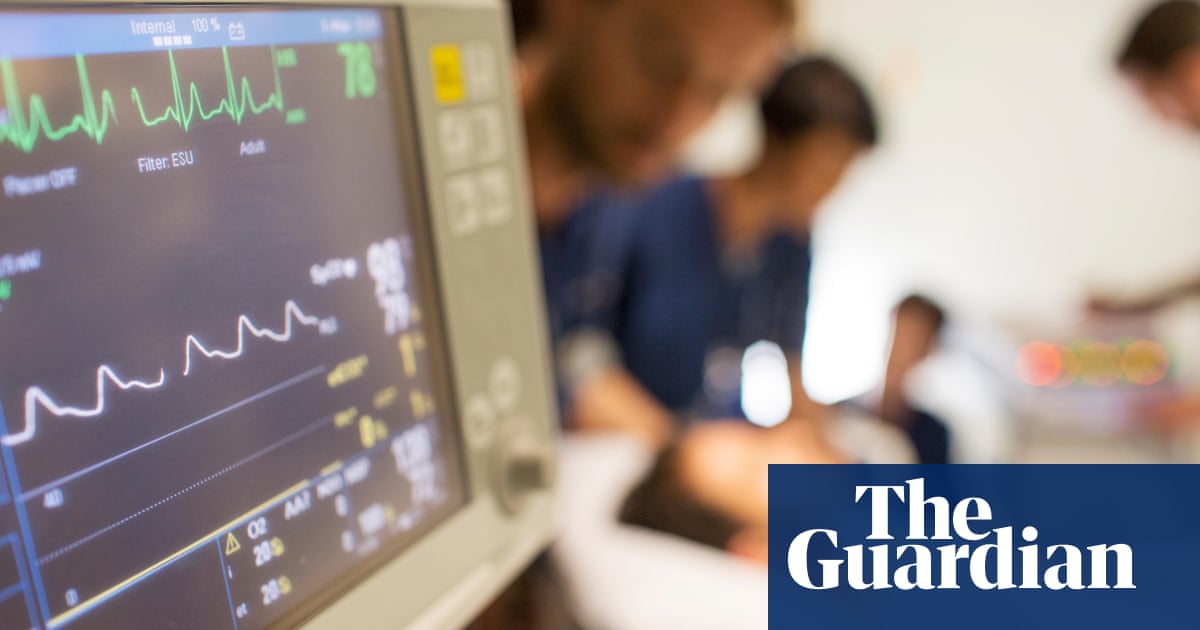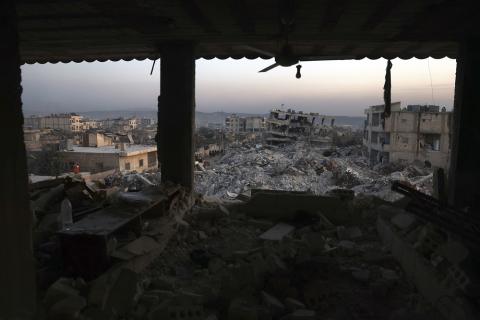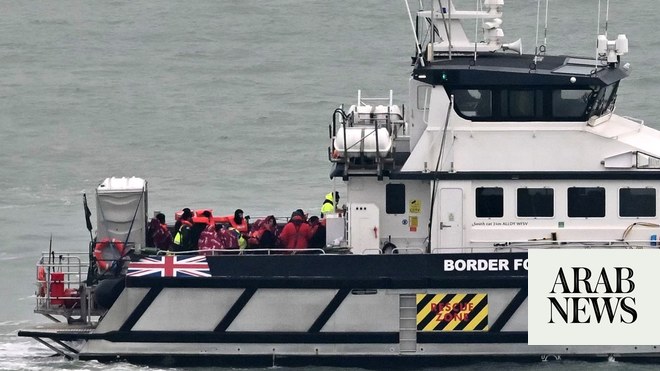
Children and adults are being forced to navigate war zones, risk sexual violence or imprisonment, and pay smugglers to reach a place where UK visa paperwork can be processed by officials acting for the Home Office, a charity has said.
When a person has successfully claimed asylum and been granted refugee status in the UK, they are legally entitled to be reunited with immediate relatives through a family reunion visa.
Family members overseas must access a UK embassy or visa application centre to complete submission of an application and return later to learn the outcome.
In a report, the British Red Cross concludes that instead of the process providing a safe route to reunion it puts too many people in danger.
Naomi Phillips, the director of policy and advocacy at the British Red Cross, said: “Our report shows that in too many cases children and adults are forced to navigate war zones, flee sexual violence, hide for fear of imprisonment or abuse, and are even forced to pay smugglers. This is just to reach the place where their paperwork can be processed by officials acting for the Home Office.
“It doesn’t have to be this way. There are some simple changes that could be made to make the family reunion process safer, such as only asking people to travel to where their application is processed after they have had a positive decision, from paperwork submitted online. By actioning these, the Home Office will reduce or stop people having to make multiple, dangerous, journeys.
“The home secretary recently outlined the urgent need for compassionate asylum reform, including the need for more safe routes to be introduced. We agree, but our report, The Long Road to Reunion, also shows that the existing ‘safe’ and legal route of refugee family reunion needs attention as it is unnecessarily putting lives at risk.”
In the year ending June 2020, the government issued 6,320 refugee family reunion visas and has issued more than 29,000 in the last five years.
After speaking to 100 families, the charity estimated that nearly half of them said the process, involving providing documents and personal information such as fingerprints, exposed them to risks.
In 2019, almost two-thirds of refugee family reunion visas in the UK were granted to relatives from Eritrea, Sudan, Iran and Syria, all countries where getting to visa application centres (Vacs) usually presented serious danger.
The researchers found that applicants had to make multiple trips to Vacs so as to submit photographs, fingerprints and passports, and, if successful, collect the visas.
The nearest Vac was often hundreds of miles away, and some countries, such as Syria and Eritrea, had no such centre at all, the report said. Many applicants also had to make an additional journey to a Home Office-approved clinic for tuberculosis screening, which could also require long journeys and border crossings, it added.
Applicants making unauthorised border crossings to complete the visa requirements had the highest price to pay financially and in terms of threats to personal safety, the report found.
Researchers also reported that applicants needing to cross borders depended on smugglers. One in five had to use smugglers for part of their journey. Most of the trips were done at night, increasing their vulnerability, and could involve several days of walking along deserted routes through difficult terrain.
One woman told the charity how she travelled for days by camel, having to keep her children awake through the night so they did not fall during the journey.
A Home Office spokesperson said: “We require biometrics to enable us to confirm the identity of individuals who apply to come to the UK and to assess whether they pose a risk of harm, but have extended the 30-day entry clearance to 90 days to provide individuals with a longer window of opportunity to travel.”












